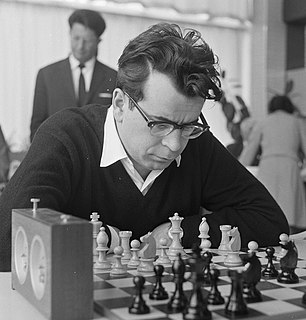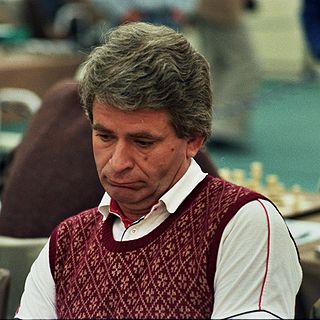A Quote by Pal Benko
The business of the endgame is maneuvring to control critical squares, advancing or blockading passed pawns, preparing a breakthrough by the king, or exploiting the subtle superiority of one piece over another.
Related Quotes
He hated games they made the world look too simple. Chess, in particular, had always annoyed him. It was the dumb way the pawns went off and slaughtered their fellow pawns while the king lounged about doing nothing. If only the pawns would've united ... the whole board could've been a republic in about a dozen moves.
He is the so-called father of the modern school of chess; before him, the King was considered a weak piece and players set out to attack the King directly. Steinitz claimed that the King was well able to take care of itself, and ought not to be attacked until one had some other positional advantage. He understood more about the use of squares than Morphy and contributed a great deal more to chess theory.

































